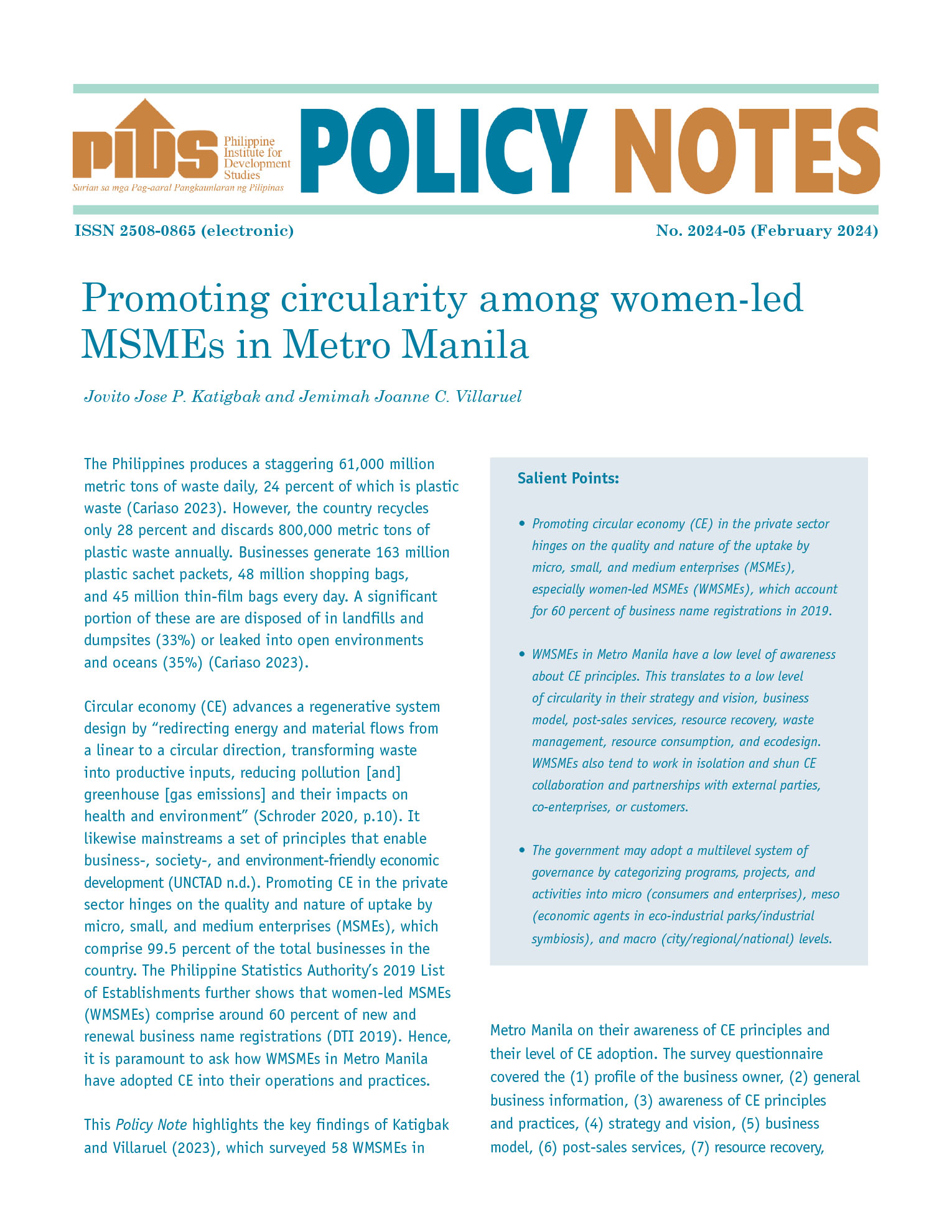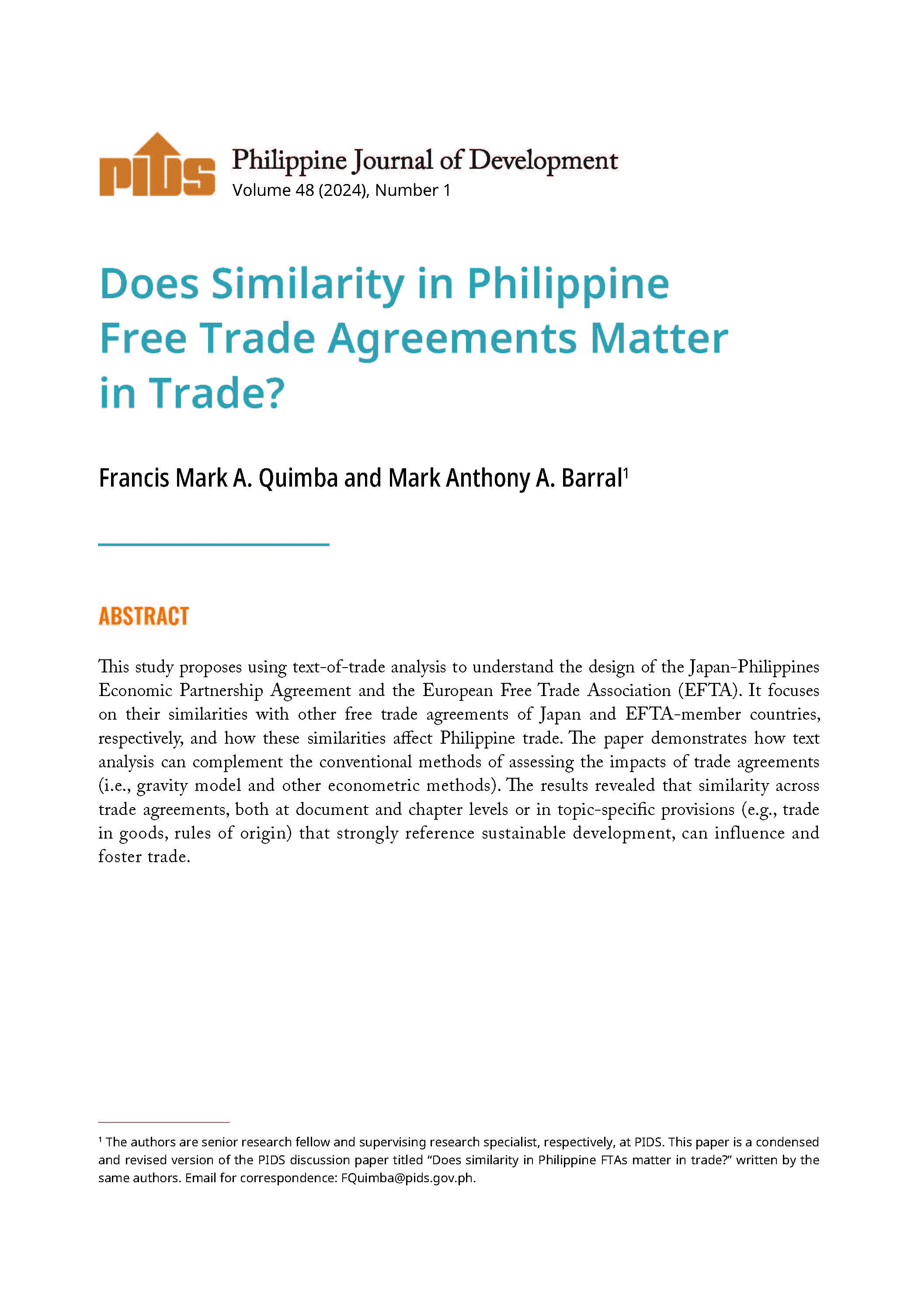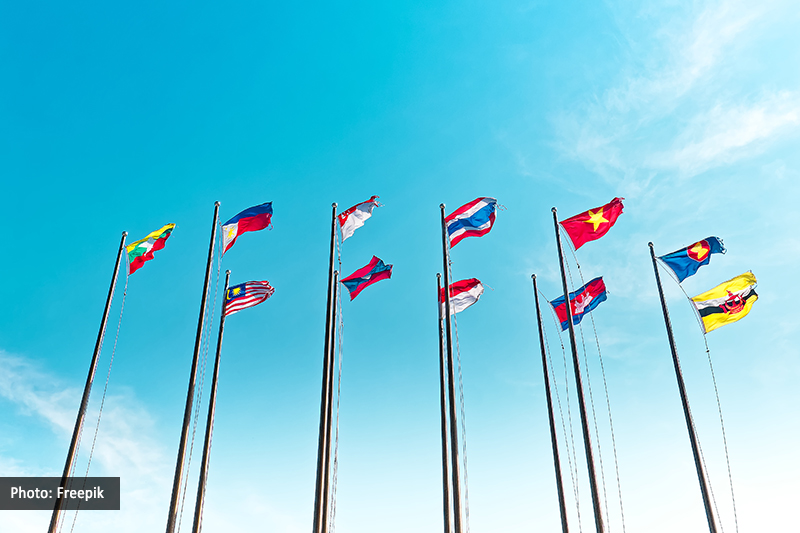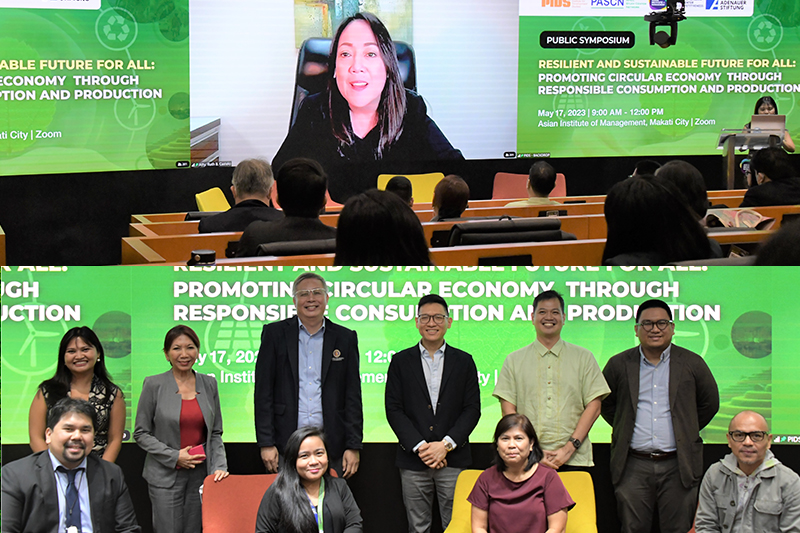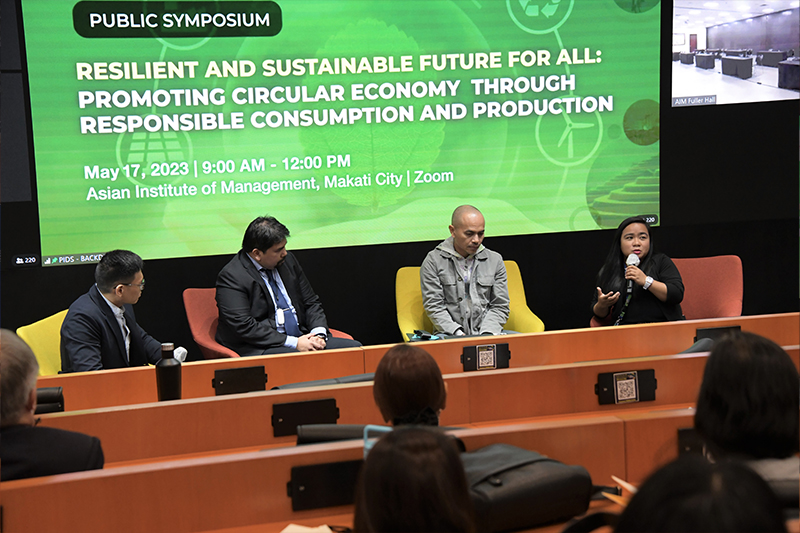It is high time that the Senate gets its act together, resolves concerns, particularly on the mechanics of safeguarding the crisis-ridden agriculture sector, and acts decisively — posthaste — to ratify the Regional Comprehensive and Economic Pact.
With each delay, and worse, failure to effect ratification means depriving the country of entry into what has been touted as the largest free trade agreement in the world today.
If the senators do give their nod to the Philippines joining RCEP, the country will be forging trade and economic ties with 15 nations, including ten of its co-ASEAN member economies (excluding Myanmar), along with South Korea, Japan, China, Australia, and New Zealand.
In force since 1 January 2022, RCEP is the largest trading bloc globally in terms of economic size, that is, nearly 31 percent of the entire world’s Gross Domestic Product.
By comparison, per United Nations Conference on Trade and Development estimates, RCEP is bigger than other such trade accords like the one entered into by the US, Mexico, and Canada. Forged in July 2020, the US-Mexico-Canada Agreement replaced the North America Free Trade Agreement which had been an object of constant whining by former President Donald Trump.
By UNCTAD calculations, USMCA and the European Union are 28 percent and 18 percent, respectively — versus RCEP’s 30.5 percent – of the world GDP.
Binding 15 countries — 16 if the Philippines is welded into the agreement — RCEP, with an overall population of well over two billion people, will bring potential benefits economically translating to a boost in global income totaling some $200 billion by 2033.
Forged into the partnership, doors will open to enormous potential opportunities for local businesses, with small and medium enterprises enabled to participate even more in economic, trade, and business activities in the region, by tapping into markets in member country participants in RCEP.
Foremost in the mind of analysts like Dr. Francis Mark Quimba, a research fellow at the Philippine Institute for Development Studies who is also project director for the Philippine Asia-Pacific Economic Cooperation Study Network, is the probability of the Philippines forgoing major opportunities in recovery and economic growth generation if the country fails to get into the trade partnership.
“A delay in joining or non-participation in RCEP could come to a reduction — 0.26 percent at least — tin Philippine real GDP,” Quimba argued.
To allay fears of the country’s lack of readiness, especially in terms of meeting head-on impacts on Philippine agriculture, RCEP advocates point out that joining trade agreements and opening the economy to world trade is not exactly a new thing for the Philippines.
The Department of Trade and Industry, for instance, says that the country has World Trade Organization participation and has experienced trade liberalization on a multilateral basis. It has seen tariffs lowered, and trade barriers reduced and have also effected the liberalization of trade after entering into the Philippine-Japan Economic Partnership Agreement and the Philippine–European Free Trade Association Free Trade Agreement and, by its membership in ASEAN, undertaken preferential trade agreements with Australia, New Zealand, China, Hong Kong, India, Japan, and South Korea.
Proponents also say that anxieties about disaster befalling Philippine agriculture because of RCEP are all for naught. Trade and Industry officials stress that the sector is protected, with agricultural products such as swine meat and poultry, sugar, rice, and various other local produce still secured by tariffs.
One official, Assistant Secretary for Industry Development and Trade Policy Allan Gepty, contends that “local farmers and producers should view RCEP as an opportunity to have stable access to cheaper farm inputs and implements like fertilizers, pesticides, and machinery. They can export their products to countries within RCEP at preferential and trade facilitative arrangements. RCEP, meanwhile, can encourage investments in food processing and even R&D in agricultural sciences and technology. Our agriculture sector stands to reap these benefits even as it enjoys tariff protection (on certain) agricultural products.”
Today, the fate of the Philippines’ entry into RCEP lies in the hands of a few men in the Senate. Only a handful of senators stand between the country and progress. It would be sorely unfortunate if the Philippines is disadvantaged because our good senators could not make up their minds about the accord. We certainly hope that the country missing out on a potentially enormous gainful thing doesn’t come to pass.


